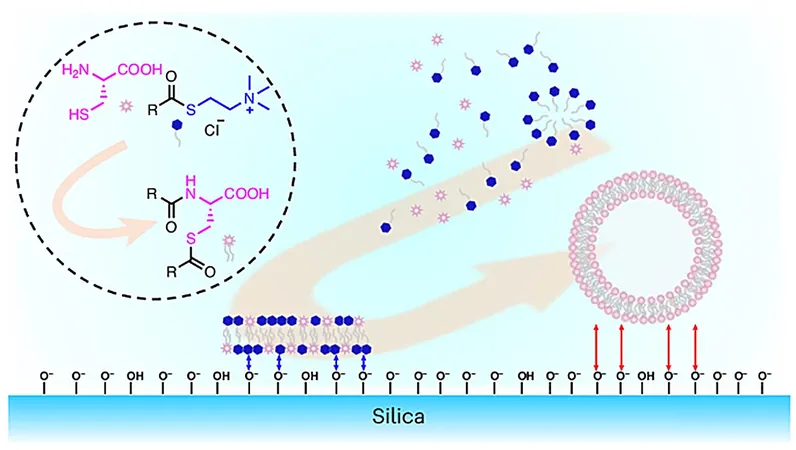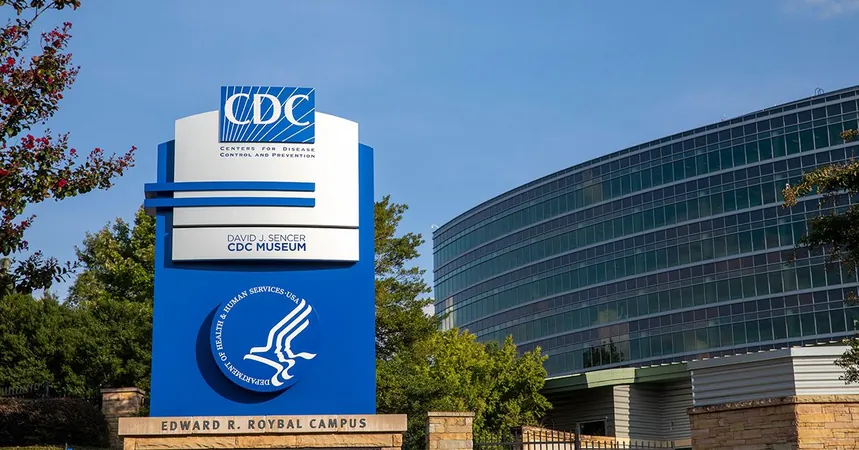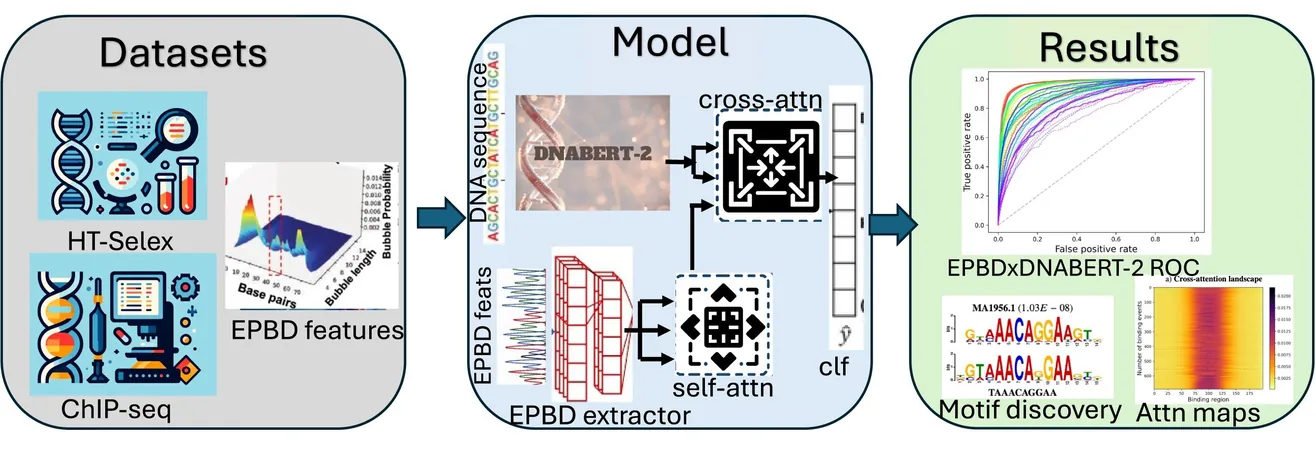
Breakthrough Discovery: How Protocells Could Unravel the Mystery of Life’s Origins!
2024-11-03
Author: Olivia
Introduction
In an exciting development, a team of biochemists from the University of California, San Diego, in collaboration with biochemical engineers from UCLA, have made groundbreaking discoveries that may shed light on the very beginnings of life on Earth. Their research, recently published in the esteemed journal *Nature Chemistry*, suggests that short lipids played a crucial role in the formation of the first cell membranes.
Research Focus
The researchers began by examining cysteine, an amino acid likely abundant in the early Earth's environment. This amino acid acted as a versatile foundation, allowing them to combine it with chemical relatives of fatty acids to synthesize lipids featuring two tails. Their experiments revealed striking insights into how early cell membranes might have formed from simple molecular structures.
Primitive Membranes
Modern cell membranes, as we know, are composed of complex long-chained lipids; however, the team postulates that initial life forms probably relied on much simpler membranes. Their hypothesis was that these primitive membranes could have used short fatty acids. To test this, they focused on synthesizing lipids from cysteine and short fatty acids with only eight carbon atoms.
Protocells Formation
Notably, the results were astonishing: as the molecules underwent reactions, they began to self-assemble into spherical structures—what the team has introduced as *protocells*. These protocells, while not fully featured with the compounds found in modern living cells, showed remarkable potential as primitive cellular environments. This phenomenon hints at how life could have started forming complex systems from mere building blocks.
Cell Membrane Characteristics
The team observed that the membranes of these protocells arranged themselves in a double-layer structure, a characteristic reminiscent of current cell membranes. Moreover, these spheres exhibited the ability to encapsulate other molecules, suggesting they could facilitate essential chemical reactions critical for the emergence of life.
Resilience of Protocells
Interestingly, these protocells demonstrated resilience even when mixed with magnesium and calcium ions, which were likely abundant in Earth's primordial conditions. This resilience could indicate a significant step towards the stabilization of early biochemical reactions leading to life.
Conclusion
The team's findings illuminate a plausible pathway for the evolution of cell membranes on early Earth, opening new avenues for understanding how life began. These insights not only enhance our knowledge of biochemical evolution but also inspire further research into life's origins, setting the stage for more discoveries in this captivating field.
Future Research
Stay tuned for more breakthroughs that could redefine our understanding of life itself!









 Brasil (PT)
Brasil (PT)
 Canada (EN)
Canada (EN)
 Chile (ES)
Chile (ES)
 España (ES)
España (ES)
 France (FR)
France (FR)
 Hong Kong (EN)
Hong Kong (EN)
 Italia (IT)
Italia (IT)
 日本 (JA)
日本 (JA)
 Magyarország (HU)
Magyarország (HU)
 Norge (NO)
Norge (NO)
 Polska (PL)
Polska (PL)
 Schweiz (DE)
Schweiz (DE)
 Singapore (EN)
Singapore (EN)
 Sverige (SV)
Sverige (SV)
 Suomi (FI)
Suomi (FI)
 Türkiye (TR)
Türkiye (TR)